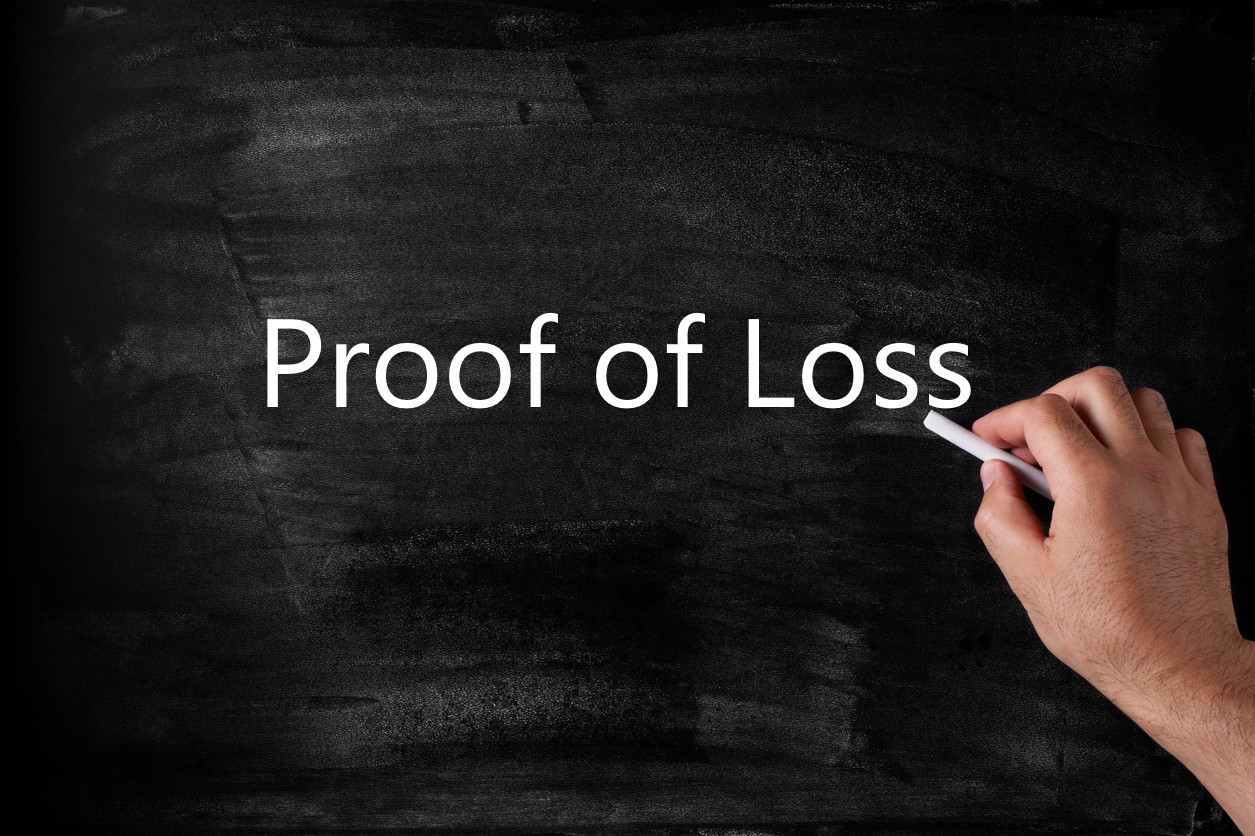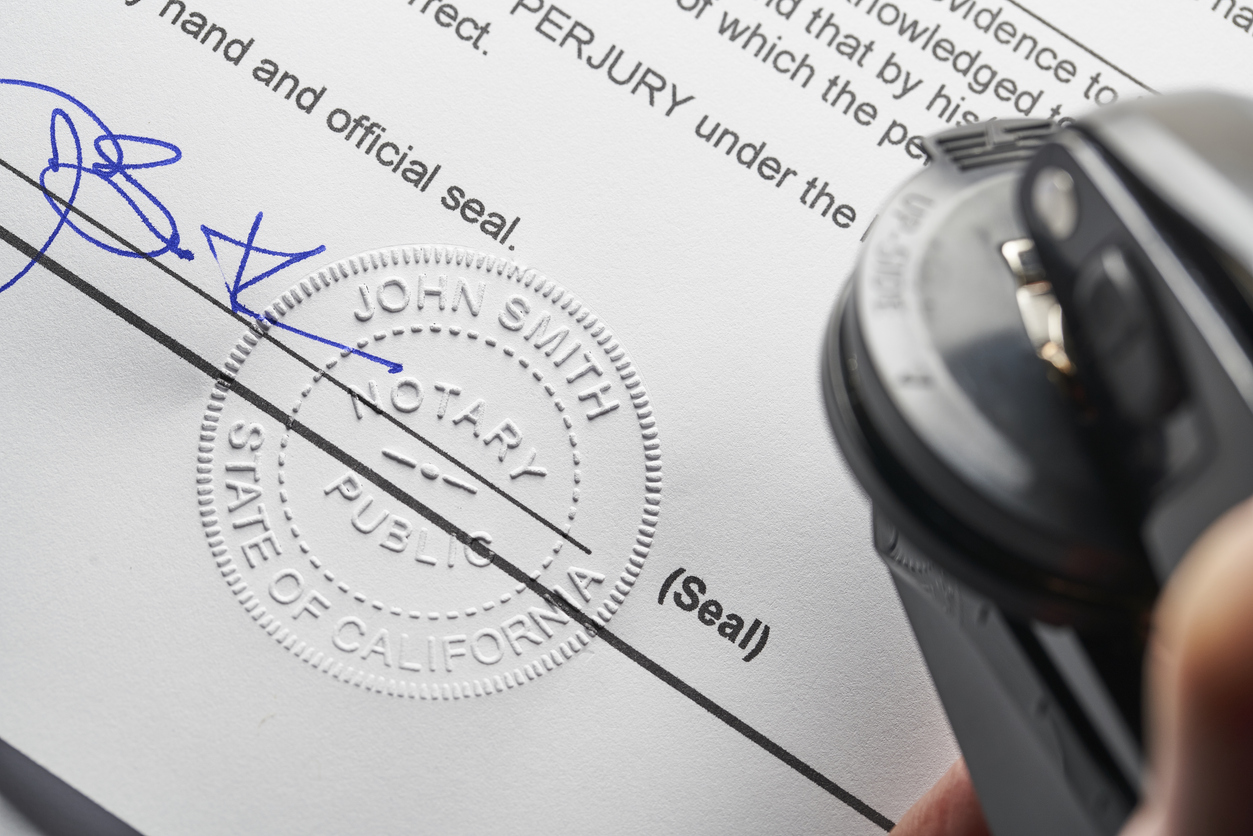The Florida legislature passed a law prohibiting Public Insurance Adjusters from soliciting business within 48 hours of a loss. Obviously, the lobbyists for the insurance industry were overjoyed with this law’s passage because it effectively allows the insurance companies and the insurance restoration industry to set the tone of the adjustment, without the typical policyholder having access to professional help.
I made a point in Unethical Conduct by Public Insurance Adjusters and Policyholders Cannot be Tolerated that:
“Policyholders need these skilled professionals immediately following a loss so that evidence can be collected and assistance provided to help soften the financial blow of a catastrophe. I have found that if retained within hours of a loss, skilled public adjusters make the insurance product work far better for the insured and there are far fewer re-opened claims because the claim is adjusted right the first time. But this only happens if the public adjuster is trained, skilled, motivated and has sufficient resources to get the job done right.”
I caught flack from some public adjusters for suggesting in the post that any public adjusters act unethically. Maybe they did not read the paragraph above. I was also criticized for my view that binding appraisal is unconstitutional when conducted as an “informal” process in Citizens May Eliminate Appraisal :
“Still, appraisal is not a “right” for policyholders. Citizens management and in-house attorneys made an excellent point that appraisal has no written rules and is subject to abuse. I am surprised that the Florida Supreme Court has allowed appraisal, an informal process, to bind parties. I have long felt that an informal process of binding resolution violates due process. At one time, Florida Courts ruled that the appraisal process was subject to the Arbitration Code. This is no longer the case, and Citizens correctly pointed to the deficiencies of appraisal in its report to the Board of Governors.”
I view issues from the standpoint of my client, the policyholder. In the vast majority of cases, the interests of public adjusters and policyholders are aligned. In the case of the 48 hour rule, public adjusters will love me. One of them, Laura James, who used to work in the insurance restoration field and whose husband worked as a property claims adjuster for Nationwide, wrote two comments in response to Unethical Conduct by Public Insurance Adjusters and Policyholders Cannot be Tolerated. The first stated:
“Chip – Interesting points as always. Like Shirley, I am curious about how to raise public awareness about the existence of Public Adjusters and the fact that we are here to help them through the claims process?
Thanks for all your work on the blog!”
The second is much more in-depth and deserves to be fully quoted. Laura and her husband have extensive field experience. She makes an excellent argument against this ill-conceived law:
“You make such a good point about the benefit of Public Adjusters being retained right away to represent the policyholder. Two of the biggest challenges Public Adjuster’s must deal with today are the appalling lack of public awareness about our industry and value of services we provide as well as the “no solicitation for 48 hours” law recently enacted in Florida. Both of these problems harm not only Public Adjusters, but also the people they serve—policyholders.
I do not think the Florida Office of Insurance Regulation and those in the Florida legislature realize what actually happens in the first 24 hours of a property loss and subsequent claim and why the “48 hours rule” needs to be changed immediately for the benefit of policyholders as a result of that important time frame. From personal experience previously working from the insurance repair and restoration contractor side of the insurance claim business and now as a Public Adjuster – it is best for the policyholder to immediately retain a public adjuster to ensure that their policy benefits are protected and the evidence of their claim is preserved.
Generally, an insurance restoration contractor who immediately comes to a loss, often at the request of the insurance company’s adjuster, starts making suggestions and decisions that dramatically effect coverages and the benefits available following a loss. A typical example of this issue is a water intrusion loss. The insurance repair contractor comes to the loss, sees one small area of what is believed to be mold, and without proper testing, throws on a Ty-Vek suit and then calls the company adjuster to report the entire claim is a "mold claim." This action by the contractor severely limits the coverage available for the policyholder to whatever the mold limitation of the policy happens to be- assuming it is not totally excluded.
In this water loss example, the insurance restoration contractor is, by their actions in the field, “adjusting” the loss without a license. They take these actions often without proper training or even looking at the policy coverages. At the same time, the insurance company, who often sent the contractor to the loss in the first place, now has to pay only a limited loss and one which may be partially or totally excluded. The policyholder ends up with a partially repaired structure, and according to their insurer, limited or no more coverage.
However, IF the policyholder knows there is such an insurance professional as a Public Adjuster that can be retained immediately, a Public Adjuster can be initially consulted and a huge battle over coverage and otherwise lost benefits can be avoided merely from the manner that the loss is linguistically reported and benefits provided for full repair. Public Adjusters are trained to help provide the policyholder with facts and preserve evidence that supports coverage rather than leading to proof and evidence leading to denial or limitation of otherwise available benefits through ignorance.
Some may argue that the policyholder must take responsibility for their claim. Let’s try to remember that these various types of policyholders are dealing with a crisis. The "48 hours rule" generally limits the only advice these policyholders receive as being from the insurance company’s adjuster or the insurance restoration contractor that normally has a longstanding relationship with the insurance company. It is a situation where a policyholder, not trained in the fine technicalities of the policy and not usually being experienced in practical insurance claim decisions, is forced to rely upon the insurance company for guidance. The rule acts so there is no independent advice whether, and under what terms, the policyholder sign the work authorization for the insurance contractor.
The irony is that while all these significant decisions are being made with the help of only the insurance industry representatives immediately following the loss, the "48 hours rules" implies that these policyholders are "too fragile" to be approached by Public Adjusters – who are solely licensed and trained to look out for their rights. Meanwhile, an unlimited number of insurance restoration contractors can approach, solicit, and discuss significant aspects of the loss that will impact the policyholders claim and there is no concern in the law for that. Further, though the policyholder signs the work authorization with the insurance restoration contractor, everybody recognizes who signs the claim checks and who the insurance contractors depend on for repeat business – the insurance companies. The unknown truth to many is that the insurance restoration contract business is a referral industry with insurers and based upon good relations with the insurance companies whom they have repeated and longstanding relations.
There are some very hardworking, ethical restoration contractors who really are trying to do the best thing by the policyholder. I just think that some adjusters rely too heavily on contractor input and "control" the claim benefits through contractors with whom they have longstanding relationships. You cannot serve two masters.
Coverage issues should be handled by adjusters on both sides, and policyholders should be afforded public adjusters at the most crucial stage of the claim–right after it occurs. I believe the "48 hours" law and the insurance industry taint the perception the public has of Public Adjusters. The insurance industry has every financial motive to change the reality of public adjusters as being professional helpers and advisors to consumers of insurance to being portrayed as opportunistic vultures. Checks and balances need to be in place for both sides, and the policyholder should be protected from anyone who could stand in the way of them being fully indemnified after a loss.”



